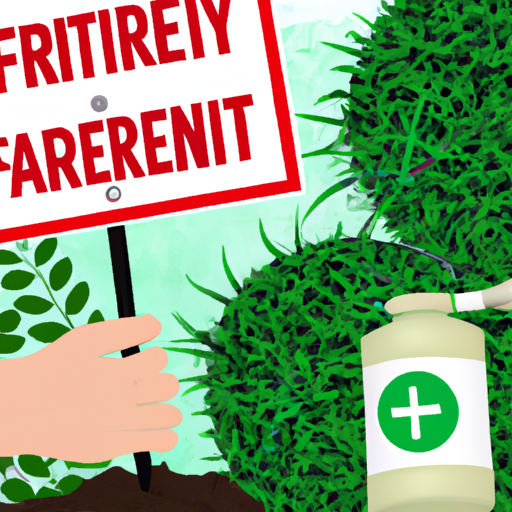The Double-Edged Sword of Pesticides and Chemical Fertilizers
As gardening enthusiasts, we all yearn for lush, healthy gardens. To achieve this, many opt for the use of pesticides and chemical fertilizers. These products undeniably offer benefits like pest control, improved plant growth, and enhanced crop yield. However, they also present a series of potential challenges. This post dives into a balanced examination of these chemical inputs in home gardening.
Potential Advantages
Pest Control
Pesticides are primarily used to eliminate pests that compromise plant health. They deter, incapacitate or kill various pests, keeping plants safe.
Enhanced Plant Growth
Chemical fertilizers enrich the soil with nutrients essential for plant growth. They deliver a direct supply of nitrogen, phosphorus, and potassium, promoting quicker plant growth than organic fertilisers.
Improved Crop Yield
Through efficient pest control and enhanced plant growth, these chemicals significantly increase crop yield. Farmers and gardeners can reap more from their effort and investment.
Potential Issues Associated
Environmental Effects
Pesticides and chemical fertilizers can pollute water systems and degrade air quality. They contribute to harmful algal blooms and oxygen depletion in bodies of water, threatening aquatic life.
Health Implications
When used improperly, these substances may jeopardize human health. Consumption of produce treated with excessive chemicals can lead to various health complications, including cancer and endocrine disorders.
Effect on Local Wildlife
Pesticides not only target pests but also beneficial insects and local wildlife. These chemicals can lead to the decline of bees and other pollinators, disrupting local ecosystems.
Damage to Soil Fertility
Long term use of chemical fertilizers can disturb the natural composition and structure of the soil, hindering its fertility and productivity in the long run.
Eco-friendly Alternatives
Thankfully, there are eco-friendly alternatives to these chemical products. Organic fertilizers and biopesticides are safe and sustainable options. They deliver beneficial nutrients to the soil and control pests without compromising the environment. Composting household waste is another fantastic way of enriching your soil with nutrient-rich organic matter.
To conclude, chemicals may offer swift and high-yield results, but its long-term implications are worth considering. It is about making informed choices and finding the right balance. Happy gardening!



















Comments
Leave a Comment